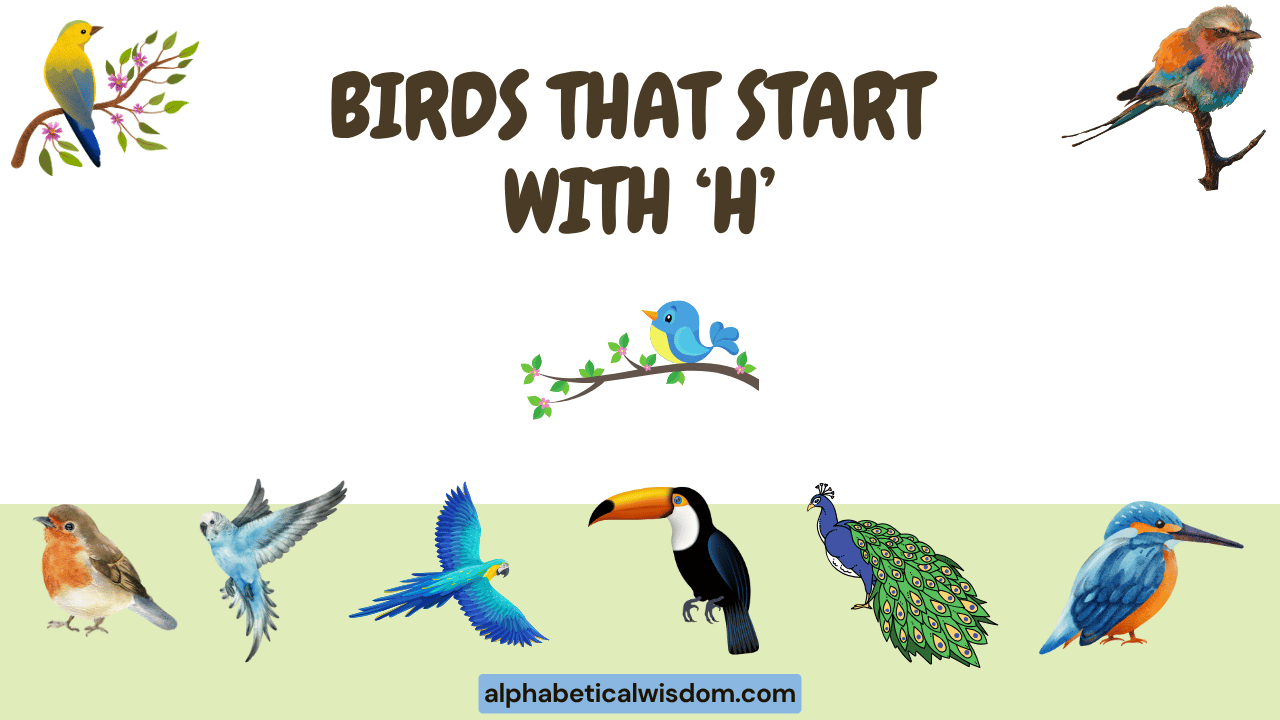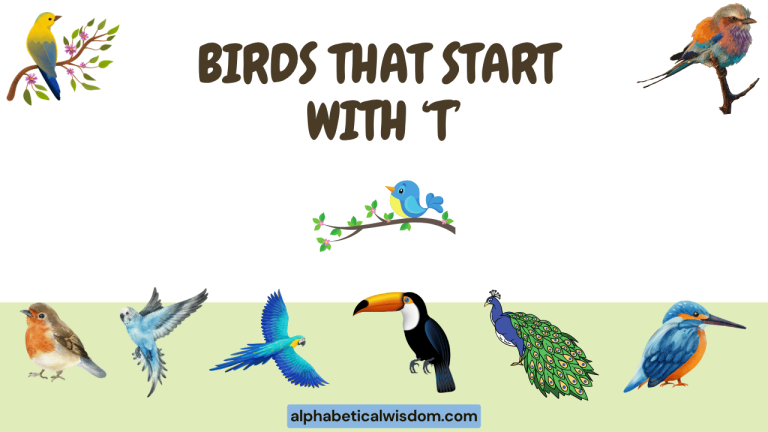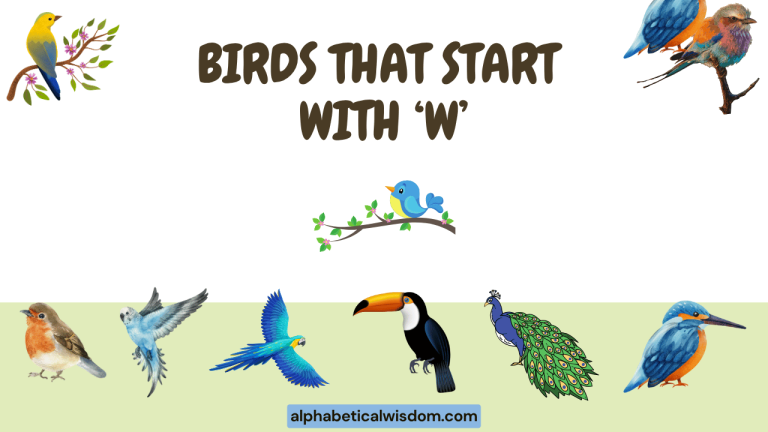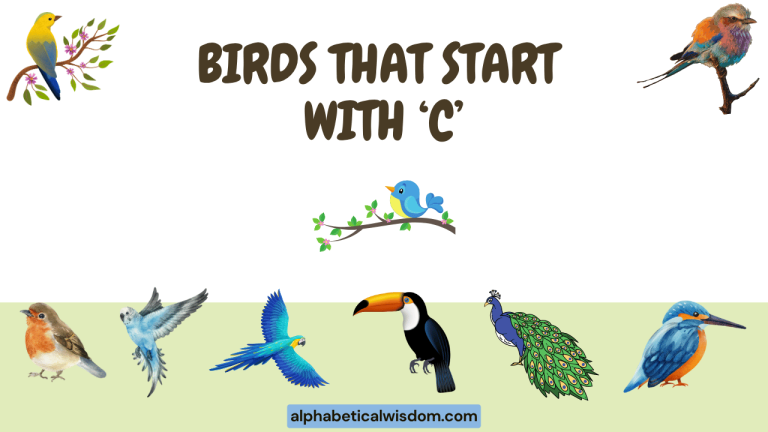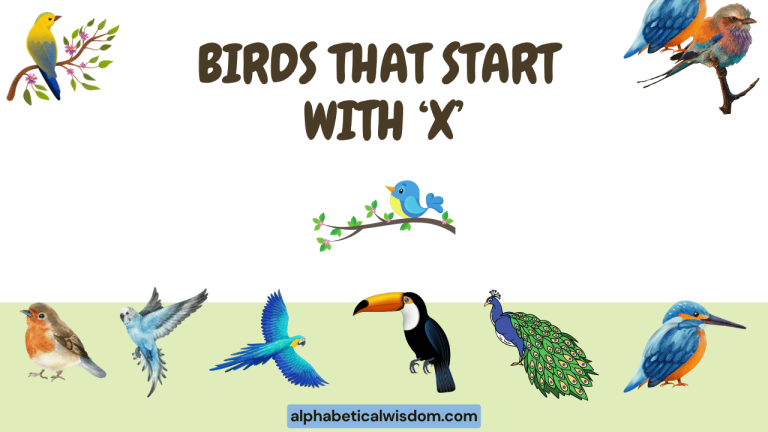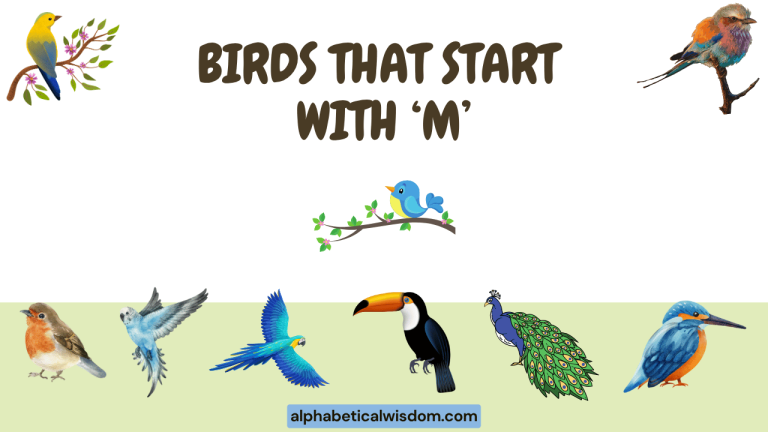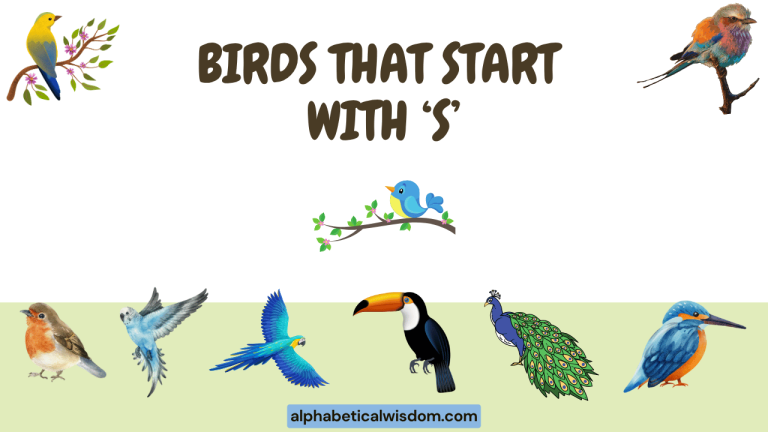How to Use ‘Have,’ ‘Has,’ and ‘Had’ Correctly: A Comprehensive Guide
Mastering the use of ‘have,’ ‘has,’ and ‘had’ is crucial for constructing grammatically correct and clear sentences in English. These auxiliary verbs play a vital role in forming perfect tenses, expressing possession, and conveying various nuances of time and action.
This comprehensive guide will provide you with a detailed understanding of each form, including their functions, structural rules, and common usage scenarios. Whether you are a beginner or an advanced learner, this article will equip you with the knowledge and practice needed to confidently use ‘have,’ ‘has,’ and ‘had’ in your writing and speaking.
Table of Contents
- Introduction
- Definition of ‘Have,’ ‘Has,’ and ‘Had’
- Structural Breakdown
- Types and Categories
- Examples
- Usage Rules
- Common Mistakes
- Practice Exercises
- Advanced Topics
- FAQ
- Conclusion
Definition of ‘Have,’ ‘Has,’ and ‘Had’
‘Have,’ ‘has,’ and ‘had’ are forms of the verb ‘to have,’ which is one of the most common and versatile verbs in the English language. They function as both main verbs (expressing possession, obligation, or experience) and auxiliary verbs (helping to form perfect tenses).
Understanding their different roles and how they relate to tense and subject agreement is essential for grammatical accuracy.
As a main verb, ‘have’ indicates possession, ownership, or a state of being. For instance, “I have a car” signifies that the speaker owns a car. It can also express obligation, such as “You have to finish your homework,” or describe an experience, like “We have a good time.” The form ‘has’ is used in the present tense with third-person singular subjects (he, she, it), while ‘have’ is used with all other subjects (I, you, we, they).
As an auxiliary verb, ‘have,’ ‘has,’ and ‘had’ are used to form perfect tenses. These tenses describe actions that are completed before a specific point in time.
The present perfect tense (have/has + past participle) connects the past to the present, the past perfect tense (had + past participle) describes an action completed before another past action, and the future perfect tense (will have + past participle) describes an action that will be completed before a specific point in the future.
Structural Breakdown
The structural usage of ‘have,’ ‘has,’ and ‘had’ depends on their role within a sentence. When used as a main verb, the structure is typically straightforward:
Subject + Have/Has/Had + Object/Complement
For example:
- I have a book.
- She has a meeting.
- They had a party.
When used as an auxiliary verb to form perfect tenses, the structure is as follows:
Present Perfect: Subject + Have/Has + Past Participle
- I have seen that movie.
- He has finished his work.
Past Perfect: Subject + Had + Past Participle
- We had eaten dinner before they arrived.
- She had studied French before moving to Paris.
Future Perfect: Subject + Will Have + Past Participle
- They will have completed the project by next week.
- I will have finished reading the book by tomorrow.
In questions, the auxiliary verb is typically inverted with the subject:
Have/Has/Had + Subject + Past Participle (or Object/Complement)?
Examples:
- Have you seen my keys?
- Has she finished her homework?
- Had they left before we arrived?
In negative sentences, ‘not’ is added after ‘have,’ ‘has,’ or ‘had’:
Subject + Have/Has/Had + Not + Past Participle (or Object/Complement)
Examples:
- I have not seen him.
- She has not finished her work.
- They had not arrived yet.
Types and Categories
The verb ‘to have’ and its forms can be categorized based on their function in a sentence. The primary categories are:
Possession
When ‘have,’ ‘has,’ or ‘had’ indicate ownership or possession, they act as main verbs. They describe what someone owns or possesses.
Auxiliary Verb (Perfect Tenses)
As auxiliary verbs, ‘have,’ ‘has,’ and ‘had’ help form perfect tenses. These tenses describe actions completed before a specific time.
Idiomatic Expressions
‘Have’ is also frequently used in idiomatic expressions, where the meaning cannot be directly derived from the individual words. These expressions often convey specific activities, experiences, or states.
Examples
To illustrate the different uses of ‘have,’ ‘has,’ and ‘had,’ here are several examples categorized by their function.
Possession Examples
The following table showcases ‘have,’ ‘has,’ and ‘had’ used to express possession in various contexts. Each example demonstrates how these forms indicate ownership or a state of possessing something.
| Sentence | Tense | Subject | Explanation |
|---|---|---|---|
| I have a new car. | Present | I | Indicates current ownership of a car. |
| She has a beautiful garden. | Present | She | Indicates current possession of a garden. |
| They have many friends. | Present | They | Indicates current state of having many friends. |
| He had a dog when he was younger. | Past | He | Indicates past ownership of a dog. |
| We have a meeting at 3 PM. | Present | We | Indicates a scheduled event. |
| The company has a new policy. | Present | The company | Indicates the company possesses a new policy. |
| You have a great opportunity. | Present | You | Indicates you possess a great opportunity. |
| My brother has a collection of stamps. | Present | My brother | Indicates current possession of a stamp collection. |
| The old house had a large porch. | Past | The old house | Indicates the house possessed a large porch in the past. |
| I have a lot of work to do. | Present | I | Indicates current state of having a lot of work. |
| She has a talent for music. | Present | She | Indicates current possession of a musical talent. |
| They have a strong team. | Present | They | Indicates current state of having a strong team. |
| He had a dream last night. | Past | He | Indicates past experience of having a dream. |
| We have a problem. | Present | We | Indicates current state of having a problem. |
| The museum has many artifacts. | Present | The museum | Indicates current possession of many artifacts. |
| You have my attention. | Present | You | Indicates you possess my attention. |
| My sister has a pet cat. | Present | My sister | Indicates current possession of a pet cat. |
| The city had a beautiful park. | Past | The city | Indicates the city possessed a beautiful park in the past. |
| I have a question. | Present | I | Indicates current state of having a question. |
| She has a good reason to be happy. | Present | She | Indicates current state of having a good reason. |
| They have a lot of experience. | Present | They | Indicates current state of having a lot of experience. |
| He had a good time at the party. | Past | He | Indicates past experience of having a good time. |
| We have a plan. | Present | We | Indicates current state of having a plan. |
| The library has many books. | Present | The library | Indicates current possession of many books. |
| You have a point. | Present | You | Indicates you possess a valid point. |
| My neighbor has a fast car. | Present | My neighbor | Indicates current possession of a fast car. |
| The company had many employees. | Past | The company | Indicates the company possessed many employees in the past. |
| I have a headache. | Present | I | Indicates current state of having a headache. |
Present Perfect Examples
The present perfect tense uses ‘have’ or ‘has’ with the past participle to describe actions that started in the past and continue to have relevance in the present. The following table provides examples of the present perfect tense.
| Sentence | Subject | Explanation |
|---|---|---|
| I have seen that movie before. | I | Indicates that the speaker has seen the movie at some point in the past, and it’s still relevant now. |
| She has finished her homework. | She | Indicates that she completed her homework, and it’s relevant to the present (e.g., she can now relax). |
| They have traveled to many countries. | They | Indicates that they have travel experience, which is still relevant. |
| He has lived in New York for five years. | He | Indicates that he started living in New York five years ago and still lives there. |
| We have eaten lunch already. | We | Indicates that we are not hungry now because we ate lunch. |
| The company has launched a new product. | The company | Indicates that the company has recently launched a product, which is relevant to current news. |
| You have grown so much! | You | Expresses surprise at your growth, which is relevant to the present moment. |
| My brother has learned to play the guitar. | My brother | Indicates that he can now play the guitar, which is a recent achievement. |
| The team has won the championship. | The team | Indicates recent victory, which is relevant to the current status of the team. |
| I have read that book. | I | Indicates that the speaker has knowledge of the book, relevant to current discussion. |
| She has visited Paris twice. | She | Indicates that she has travel experience in Paris, relevant to current travel plans. |
| They have worked here for a long time. | They | Indicates that they have a long work history at this place. |
| He has broken his leg. | He | Indicates his current physical state is affected by a past injury. |
| We have finished the project. | We | Indicates that the project is completed and ready for presentation. |
| The movie has started. | The movie | Indicates that the movie is currently playing, starting from a past event. |
| You have made a mistake. | You | Indicates a current problem resulting from a past action. |
| My sister has gotten a new job. | My sister | Indicates her current employment status is new. |
| The rain has stopped. | The rain | Indicates the current weather condition has changed. |
| I have lost my keys. | I | Indicates a current problem resulting from a past event. |
| She has become a doctor. | She | Indicates her current profession, achieved at some point in the past. |
| They have built a new house. | They | Indicates they have a new home now. |
| He has written a book. | He | Indicates he is now an author. |
| We have known each other for years. | We | Indicates a long-standing relationship. |
| The class has started. | The class | Indicates the class is currently in session. |
| You have changed a lot. | You | Indicates a significant transformation over time. |
| My neighbor has moved away. | My neighbor | Indicates the neighbor is no longer living nearby. |
| The store has closed. | The store | Indicates the store is no longer open. |
| I have heard that song before. | I | Indicates familiarity with the song. |
| She has never seen snow. | She | Indicates a lack of experience with snow. |
Past Perfect Examples
The past perfect tense uses ‘had’ with the past participle to describe an action that was completed before another action in the past. This tense helps to establish the sequence of events.
| Sentence | Explanation |
|---|---|
| I had finished my work before he arrived. | Indicates that finishing work occurred before his arrival. |
| She had already eaten when I called. | Indicates that she ate before the phone call. |
| They had left before we got there. | Indicates that they departed before our arrival. |
| He had studied French before moving to Paris. | Indicates that studying French occurred before moving to Paris. |
| We had never seen snow before our trip to Canada. | Indicates the first snow sighting was during the trip to Canada. |
| The company had launched the product before the recession hit. | Indicates the product launch happened prior to the recession. |
| You had missed the train because you woke up late. | Indicates waking up late caused missing the train. |
| My brother had sold his car before he moved overseas. | Indicates selling the car happened before moving overseas. |
| The team had practiced hard before the championship game. | Indicates the team practiced before the game. |
| I had read the book before seeing the movie. | Indicates reading the book occurred before watching the movie. |
| She had visited the museum before it closed for renovations. | Indicates visiting the museum occurred before its closure. |
| They had worked on the project for months before it was approved. | Indicates working on the project happened before its approval. |
| He had saved enough money before buying the house. | Indicates saving money happened before buying the house. |
| We had cleaned the house before the guests arrived. | Indicates cleaning the house occurred before the guests’ arrival. |
| The movie had already started when we found our seats. | Indicates the movie began before we were seated. |
| You had already left when I called. | Indicates leaving occurred before the phone call. |
| My sister had finished college before getting married. | Indicates completing college happened before getting married. |
| The rain had stopped before we went outside. | Indicates the rain stopped before we went outside. |
| I had lost my wallet before I realized it was gone. | Indicates losing the wallet happened before realizing it. |
| She had already graduated before she got the job offer. | Indicates graduating happened before receiving the job offer. |
| They had built the bridge before the highway was completed. | Indicates building the bridge happened before completing the highway. |
| He had written the report before the deadline. | Indicates writing the report occurred before the deadline. |
| We had known each other for years before we started dating. | Indicates knowing each other happened for years before dating. |
| The class had already begun when I arrived. | Indicates the class started before my arrival. |
| You had changed your mind before I could ask you. | Indicates changing your mind happened before I could ask. |
| My neighbor had moved out before I even noticed. | Indicates moving out occurred before I noticed. |
| The store had closed before I got there. | Indicates the store closed before I arrived. |
| I had heard the news before you told me. | Indicates hearing the news happened before you told me. |
| She had never traveled abroad before her trip to Europe. | Indicates her first travel abroad experience was the trip to Europe. |
Future Perfect Examples
The future perfect tense uses ‘will have’ with the past participle to describe an action that will be completed before a specific point in the future. This tense is used to project completion into the future.
| Sentence | Explanation |
|---|---|
| I will have finished the report by tomorrow. | Indicates that the report will be completed before tomorrow. |
| She will have graduated by next year. | Indicates that she will have completed her graduation before next year. |
| They will have moved to their new house by the end of the month. | Indicates that they will have completed their move before the end of the month. |
| He will have learned to speak Spanish by the time he travels to Spain. | Indicates that he will have acquired Spanish speaking skills before his trip. |
| We will have completed the project before the deadline. | Indicates that the project will be finished before the deadline. |
| The company will have launched its new product by the end of the quarter. | Indicates that the product launch will be completed before the end of the quarter. |
| You will have forgotten about this by next week. | Indicates that you will have likely forgotten about it before next week. |
| My brother will have paid off his loan by the time he turns 30. | Indicates that his loan will be fully paid before he turns 30. |
| The team will have won the championship by the end of the season. | Indicates that the team will secure the championship before the season concludes. |
| I will have read all the books in the series by December. | Indicates that all books in the series will be read before December. |
| She will have visited all the museums in the city by the end of her stay. | Indicates that she will visit all museums before her departure. |
| They will have worked on the project for five years by next January. | Indicates that they will have dedicated five years to the project by next January. |
| He will have saved enough money to buy a car by next summer. | Indicates that he will have accumulated sufficient funds before next summer. |
| We will have cleaned the entire house before the party starts. | Indicates that the house will be completely clean before the party commences. |
| The movie will have ended by the time we get there. | Indicates that the movie will have finished before our arrival. |
| You will have learned a lot by the end of this course. | Indicates that you will have acquired significant knowledge before the course ends. |
| My sister will have gotten married by this time next year. | Indicates that my sister will be married before this time next year. |
| The rain will have stopped by the time we leave. | Indicates that the rain will cease before our departure. |
| I will have found my keys by the time I need to leave. | Indicates that I will have located my keys before I need to go. |
| She will have become fluent in English by the time she moves to the US. | Indicates that she will achieve fluency before her move. |
| They will have built the new stadium by the next World Cup. | Indicates that the stadium will be completed before the next World Cup. |
| He will have written his second novel by the end of the year. | Indicates that he will have completed his second novel before the year ends. |
| We will have known each other for a decade by our next anniversary. | Indicates that we will have been acquainted for ten years by our next anniversary. |
| The class will have finished by 5 PM. | Indicates that the class will conclude before 5 PM. |
| You will have forgotten all about this argument by tomorrow. | Indicates that you will have likely forgotten about it by tomorrow. |
| My neighbor will have sold his house by the spring. | Indicates that he will have sold his house before spring. |
| The store will have opened its new branch by next month. | Indicates that the store will have launched a new branch before next month. |
| I will have heard back from them by next week. | Indicates that I will receive a response from them before next week. |
| She will have traveled to every continent by the time she retires. | Indicates that she will visit every continent before her retirement. |
Idiomatic Expression Examples
The verb ‘have’ is used in numerous idiomatic expressions, where its meaning extends beyond simple possession. These expressions often convey specific activities, experiences, or states.
| Sentence | Meaning |
|---|---|
| Let’s have a party! | Let’s organize and enjoy a party. |
| I have a feeling that something good will happen. | I suspect or anticipate something positive. |
| She has a hard time understanding the instructions. | She finds it difficult to understand the instructions. |
| We had a great time at the beach. | We enjoyed ourselves very much at the beach. |
| They have a meeting every Monday. | They conduct a meeting regularly on Mondays. |
| I’ll have a cup of coffee, please. | I would like to order a cup of coffee. |
| He has a point. | He makes a valid argument or observation. |
| She has her doubts about the plan. | She is uncertain or skeptical about the plan. |
| We have to finish this project today. | It is necessary for us to complete this project today. |
| They had better hurry if they want to catch the train. | It would be advisable for them to hurry to catch the train. |
| Let’s have a look at the document. | Let’s examine or inspect the document. |
| I have no idea what you’re talking about. | I completely do not understand what you mean. |
| She has a knack for languages. | She has a natural talent for learning languages. |
| We had a blast at the concert last night. | We had a very enjoyable time at the concert. |
| They have a lot on their plate right now. | They are very busy with many responsibilities. |
| I have my reasons for doing this. | I have personal justifications for my actions. |
| He has a way with words. | He is skilled at speaking or writing effectively. |
| She has a sweet tooth. | She enjoys eating sweet foods. |
| We had a falling out last week. | We had a disagreement or quarrel last week. |
| They have a good relationship with their neighbors. | They maintain friendly relations with their neighbors. |
| I have mixed feelings about this decision. | I feel both positive and negative about this decision. |
| She has a lot of nerve asking for a raise. | She is audacious for asking for a raise. |
| We had a close call yesterday. | We narrowly avoided a dangerous situation yesterday. |
| They have the upper hand in the negotiation. | They have the advantage in the negotiation. |
| I have butterflies in my stomach. | I feel nervous or anxious. |
| He has ants in his pants. | He is restless or fidgety. |
| She has a green thumb. | She is skilled at gardening. |
| We had a heart-to-heart conversation. | We had an intimate and emotional discussion. |
| They have a skeleton in the closet. | They have a hidden and embarrassing secret. |
Usage Rules
The usage of ‘have,’ ‘has,’ and ‘had’ is governed by specific rules related to tense and subject-verb agreement:
- Present Tense: Use ‘have’ with I, you, we, and they. Use ‘has’ with he, she, and it.
- Past Tense: Use ‘had’ for all subjects in the past tense.
- Perfect Tenses: ‘Have’ and ‘has’ are used in the present perfect tense, while ‘had’ is used in the past perfect tense. ‘Will have’ is used in the future perfect tense.
- Questions and Negations: In questions, invert the subject and auxiliary verb. In negations, add ‘not’ after the auxiliary verb (e.g., “I have not seen”). You can also use contractions like “haven’t,” “hasn’t,” and “hadn’t.”
Common Mistakes
One common mistake is using ‘have’ with third-person singular subjects in the present tense (e.g., “He have”). The correct form is ‘has’ (e.g., “He has”).
Another error involves confusing the
Practice Exercises
Test your understanding of ‘have,’ ‘has,’ and ‘had’ with the following exercises. These exercises cover various aspects of their usage, including subject-verb agreement, tense consistency, and correct application in different contexts.
Exercise 1: Choose the Correct Form
Select the correct form of the verb (‘have,’ ‘has,’ or ‘had’) to complete each sentence.
- I _______ a meeting at 2 PM. (have / has)
- She _______ already finished her work when I arrived. (have / had)
- They _______ a great time at the party last night. (have / had)
- He _______ to study for the exam. (have / has)
- We _______ never seen such a beautiful sunset before. (have / has)
Answers:
- I have a meeting at 2 PM.
- She had already finished her work when I arrived.
- They had a great time at the party last night.
- He has to study for the exam.
- We have never seen such a beautiful sunset before.
Exercise 2: Fill in the Blanks
Fill in the blanks with the appropriate form of ‘have,’ ‘has,’ or ‘had’ to complete the sentences.
- By the time you arrive, I _______ finished cooking dinner.
- She _______ a talent for playing the piano since she was young.
- They _______ to submit the application by Friday.
- He _______ been living in this city for ten years.
- We _______ a wonderful vacation last summer.
Answers:
- By the time you arrive, I will have finished cooking dinner.
- She has had a talent for playing the piano since she was young.
- They have to submit the application by Friday.
- He has been living in this city for ten years.
- We had a wonderful vacation last summer.
Error Correction
Identify and correct the errors in the following sentences. If a sentence is correct, indicate “No error.”
- He have a new car.
- They has already left.
- I has been working here for five years.
- She had a great time at the party.
- We have to go now.
Answers:
- Incorrect: He have a new car. Correct: He has a new car.
- Incorrect: They has already left. Correct: They have already left.
- Incorrect: I has been working here for five years. Correct: I have been working here for five years.
- Correct: She had a great time at the party. (No error)
- Correct: We have to go now. (No error)
Advanced Topics
For advanced learners, understanding the nuances of ‘have,’ ‘has,’ and ‘had’ in more complex sentence structures and idiomatic expressions can further refine their English proficiency. This includes recognizing the subtle differences in meaning when ‘have’ is used in various phrasal verbs and understanding its role in more sophisticated grammatical constructions.
FAQ
When should I use ‘have’ vs. ‘has’?
Use ‘have’ with the pronouns I, you, we, and they, and with plural nouns. Use ‘has’ with the pronouns he, she, and it, and with singular nouns.
Can ‘have’ be used as a main verb and an auxiliary verb in the same sentence?
Yes, it is possible. For example: “I have had a busy day.” Here, ‘have’ is the auxiliary verb forming the present perfect tense, and ‘had’ is the past participle of the main verb ‘have,’ indicating possession or experience.
How do I form questions with ‘have,’ ‘has,’ and ‘had’?
In questions, invert the subject and the auxiliary verb. For example: “Have you seen the movie?” “Has she finished her work?” “Had they arrived before we did?”
What is the difference between ‘have to’ and ‘has to’?
‘Have to’ and ‘has to’ express obligation or necessity. ‘Have to’ is used with I, you, we, and they, while ‘has to’ is used with he, she, and it.
Conclusion
Mastering the use of ‘have,’ ‘has,’ and ‘had’ is essential for effective communication in English. By understanding their roles as both main verbs and auxiliary verbs, and by adhering to the rules of subject-verb agreement and tense consistency, you can construct clear, grammatically correct sentences.
Regular practice and attention to common mistakes will further enhance your proficiency and confidence in using these versatile verbs.
